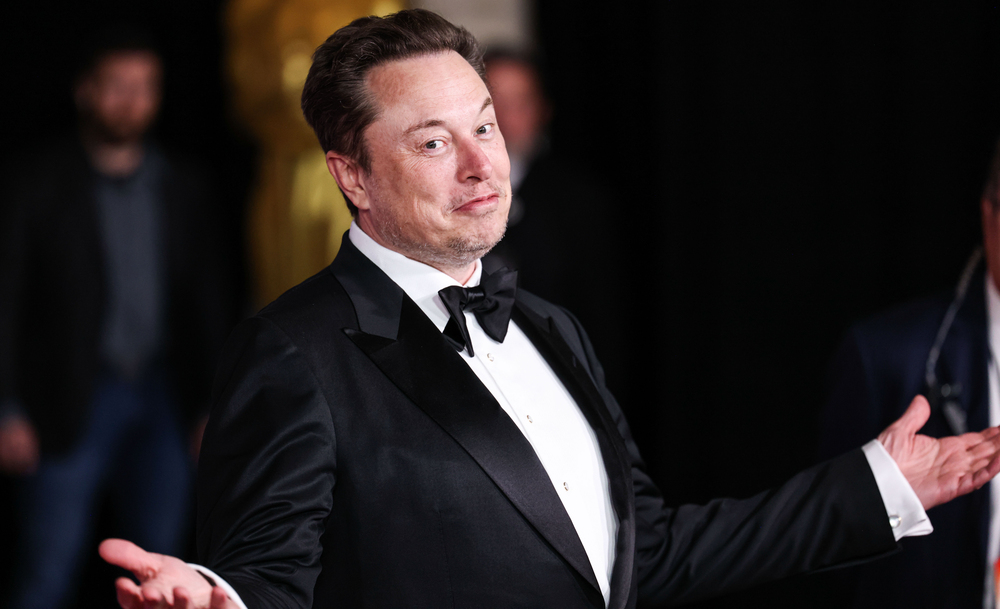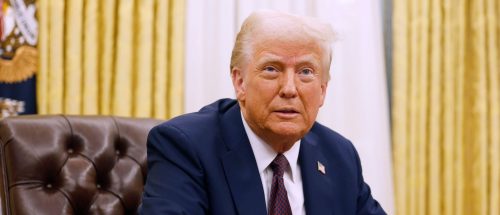Elon Musk recently attended the 10th Annual Breakthrough Prize Ceremony in Los Angeles, capturing attention with plans to showcase savings achieved by the Department of Government Efficiency (DOGE). Musk hinted on the X platform about discussing with President Trump the idea of distributing $5,000 checks to Americans, funded by DOGE’s cost-saving measures. The concept, credited to James Fishback of Azoria, is gaining traction.
The DOGE initiative has reportedly been saving $1 billion daily, presenting an opportunity to collaborate with Congress. Fishback’s proposal, dubbed the “DOGE Dividend,” suggests a tax refund check after DOGE concludes in July 2026. This initiative promises to return a portion of the savings directly to taxpayers.
Eligibility for the DOGE Dividend requires recipients to be federal income tax payers, thereby encouraging workforce participation. The plan aims to motivate about 7 million working-age men who are currently disengaged from the workforce. Such a move could stimulate economic growth by increasing labor force participation.
The prospect of a $5,000 DOGE Dividend in 2026 is expected to entice many back into the workforce by 2025. This incentive could counteract the trend of low labor force participation that hampers economic growth. The initiative seeks to provide a robust stimulus for economic revitalization.
James Fishback has publicly called on President Trump and Elon Musk to formalize the DOGE Dividend proposal. By aligning with the ethos of fiscal responsibility, this plan seeks to reward taxpayers with tangible benefits. The proposed checks would symbolize the return of taxpayer money saved from government efficiency.
In recent weeks, DOGE has uncovered extensive government waste, bringing to light significant mismanagement issues. Investigations have revealed unspent COVID relief funds amounting to $1.7 billion. Additionally, $3 billion has been lost to fraudulent unemployment claims, showcasing the need for oversight.
The initiative has also highlighted $800 million wasted on failed green energy projects. Furthermore, $200 million has been spent on bureaucratic diversity training, raising questions about spending priorities. The federal government has also allocated $4.5 billion in foreign aid to regimes with questionable ties.
These findings underscore the urgent need for reform and efficient allocation of taxpayer dollars. The DOGE initiative, under Musk’s leadership, aims to address such inefficiencies. The savings identified could be redirected to more pressing domestic needs.
Fiscal responsibility and accountability remain central to the DOGE initiative’s mission. By uncovering these financial discrepancies, DOGE is setting a precedent for future government spending. This approach aligns with conservative values of prudent fiscal management.
Elon Musk’s involvement in DOGE underscores his commitment to transparency and efficiency. His collaboration with President Trump on this initiative could reshape public perception of government spending. The proposed DOGE Dividend is a testament to this innovative approach.
As the DOGE initiative progresses, it continues to reveal areas ripe for reform. The focus remains on maximizing taxpayer value while minimizing waste. This approach is seen as a long-term strategy for sustainable government operations.
The notion of returning savings to taxpayers resonates with conservative principles. It emphasizes the importance of rewarding fiscal responsibility with tangible benefits. The DOGE Dividend proposal reflects an effort to integrate these values into government policy.
Efforts to streamline government processes are gaining momentum, thanks to the DOGE initiative. The potential for economic revitalization through increased labor participation cannot be understated. The initiative’s focus on efficiency could serve as a model for future policies.
The conversation around government spending is shifting towards accountability and results. Musk’s DOGE initiative is at the forefront of this transformation. Through transparency and efficiency, it seeks to restore public trust in government operations.
As discussions continue, the potential impact of the DOGE Dividend remains a topic of interest. Its implementation could set a new standard for taxpayer engagement. The initiative promises to redefine government efficiency, aligning with conservative principles of fiscal responsibility.






